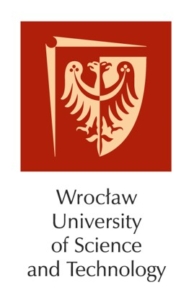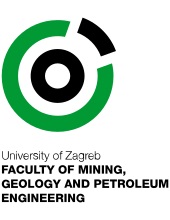MSc programs involved
Education of the TIMREX programme is organized by the involvement of four master programmes at the four academic partners. Each of these MSc programmes are focusing on mineral resource exploration or is closely interrelated. All four MSc programmes are provided by technical universities or faculties with engineering profile.
International mobility is provided by the students in different mobility routes, taking into consideration the specialty of the given master programme at the host university.
The following four master programmes or specialisations from the four universities comprise the academic part the consortium:
Earth Science Engineering MSc: This programme educates geological and geophysical engineers with primary focus on mineral exploration activities. The programme runs in English since 2014 both for Hungarian and international students. Strong engineering training is provided in addition to earth sciences disciplines. Applied research in geophysical inversion methods at UM is well recognized internationally. Research and development results in application of robotized exploration and mining solutions (UNEXMIN, ROBOMINERS projects) is also an important speciality of the UM. The TIMREX portfolio will utilize the first year curriculum of the programme for students starting M1 in Miskolc and receives in M2 students specializing in advanced geophysical methods and application of robotization and sensor technology for exploration tasks.
Mining and Geology MSc, Mineral Resources Exploration specialization: Faculty of Geoengineering, Mining and Geology is one of the strongest institutions for mining and mineral exploration-related engineering programmes in Poland. WUST is closely cooperating with the KGHM, one of the leading ore mining companies in Europe. Faculty of Geoengineering Mining and Geology has a great expertise in underground and surface mining engineering; geotechnical engineering with numerical modelling; geology, hydrogeology and geochemistry; mineral processing; environmental engineering and reclamation; reserve estimation and modelling; geophysics; digitization in mining; mineral economics and financial management. It has been a member of Federation of European Mineral Programmes (FEMP) for many years and participated in Federation of European Mineral Programmes EMMEP for 6 years and it enabled students to obtain double or triple diplomas. The Mining and Geology MSc programme is currently participating in the Geomatic for Mineral Resource Management triple degree programme (https://study-geomatics.eu/).
MSc in Exploration and Environmental Geosciences: This MSc programme runs in English and provides the cutting-edge knowledge in exploration and mining geology. The programme is one of the strongest ones in Europe regarding ore mineral exploration and innovative methods used in its education. The TIMREX portfolio covers its Exploration Geosciences specialisation, which focuses on ore geology, geophysical and petrophysical exploration methods, mineral economy and deposit evaluation.
Applied Geology and Geological Engineering MSc, Exploration and Environmental Geology module: The UNIZG-RGNF is the only institution in Croatia for mining and petroleum engineering education programmes, and a leading institution in the South-Eastern European region for mineral exploration-related education and research.
Double-degree schemes
Mobility routes are planned to utilize the strengths of the participating home programmes in Master 2 year and all four universities are involved in the education of Master 2 year with the following specialisations:
- Luleå University of Technology: specialising in ore mineral exploration. LTU provides one of the strongest master trainings in Europe in ore minerals-focussed exploration and mining.
- University of Miskolc: the specialty is advanced geophysical exploration and interpretation methods as well as opportunity to be involved in development of robotized underwater technologies and sensor development for advanced exploration technologies.
- University of Zagreb – Faculty of Mining, Geology and Petroleum Engineering (RGNF): specialisation covers also prospecting and exploration of non-metallic mineral resources.
- Wroclaw University of Science and Technology: having close cooperation and physical closeness with the Polish copper mining industry (KGHM), the specialisation of WUST’s Mining and Geology MSc is the applied skills in mining geology.
Cross-sectoral activities
Summer field camp at N-Sweden, including the short course LTU-5 Applied Field Exploration in the Skellefte VMS district – 3 ECTS (Applied Field Exploration, Course, – Luleå University of Technology (ltu.se). The Summer field camp will integrate theoretical knowledge and practical skills with field-based practice in structural and regional geology, geophysical and geochemical exploration methods and the complex data analysis and interpretation.
Students of the TIMREX programme shall do a 4-weeks internship between the two academic years and encouraged to join the RIS Internship network (https://www.ris-internship.eu/apply-now). The RIS Internship network offers internship positions for MSc students from the RIS region and connects students with industrial organizations. This opportunity will provide another tool for the students to acquire field experience and be involved in industry-related thesis topics.
Exploration entrepreneurship course taught by the EFG as a horizontal course for all students – 4 ECTS. The course is based on the EFG mentoring programme and will provide direct experiences about practice of an exploration private expert or team worker of a junior company, under the umbrella of the EFG’s existing mentoring programme. The course has a key importance in the TIMREX MSc programme giving specific competences for the students to become after graduation specialists with EurGeol title and be able to provide mineral exploration services as freelanced experts.
Social and Civic internship as a 2 ECTS part of the thesis work preparation. SOC internship shall be completed under the supervision of the industrial or research partner and mentored by the LPRC and EFG fellows. The SOC internship will depend on the specialty of the thesis topic, associating it with sustainability and social responsibility goals. These competences will be important during their professional career to solve social issues related to social license to operate, manage complex organizational tasks which appear very often in mineral exploration field campaigns. Results of the SOC internship will be summarized in the few-pages EIT chapter of the thesis work. The SOC internship contributes to better value judgements, better understanding of sustainability issues, and behaving accordingly, as well as to leadership and intercultural skills.
Student research work under supervision of industrial and research partners, first of all from the TIMREX consortium but also involving other exploration and mining companies and research institutes with relevant competences. The student research work will be connected to development of innovative mineral prospecting or exploration methods and solutions and shall be connected to the thesis work. It has 6 ECTS minimum, as part of the thesis work or as an individual course depending on the mobility track. The aim of the course is to develop the innovation and creativity competences of the students by giving them the opportunity to participate in ongoing research and development which focus on mineral exploration method or technique development. Examples are sensor technics development and robotisation – Unexmin Georobotics, INESC TEC, Geophysical inversion – Geogold Kárpátia.
Questions?


 →
→ 
 →
→ 